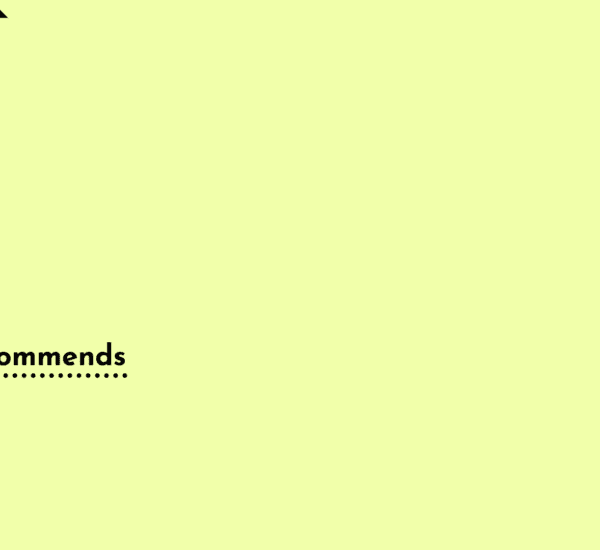Henry Shue, ‘Torture in Dreamland: Disposing of the Ticking Bomb‘, Case Western Reserve Journal of International Law, 2006
The most common debate on torture perhaps pertains to its use in exceptional circumstances. Circumstances where torture is used for the “greater good”. TV series such as 24 convincingly portray the use of torture to help avert terrorist attacks and save the lives of many innocent people. Justification of use of torture in extreme circumstances is not restricted to popular culture alone but has also found its way to academic debates. Arguments advanced in support of torture in exceptional circumstances often make use of the ‘ticking bomb’ scenario. This hypothesis postulates that torture may be selectively utilised to interrogate a terrorist where they have set off a ticking bomb that can kill many innocent people. The use of torture to extract information from the terrorist is the only way to diffuse the bomb and avert the catastrophe. This scenario inevitably brings to mind the image of an ‘evil terrorist’ being subject to torture by a good-hearted investigating officer who is only resorting to this to extract information from the terrorist and save lives of people.
Scenarios such as the ticking bomb lead to questions such as- should the law carve out exceptional circumstances where torture is justified? Should constitutional democracies judicially sanction the use of torture in extreme cases? After all, proponents of selective use of torture would have us believe that lives of millions are at stake and national security must be protected at all costs. The argument for selective use of torture in extreme circumstances seems convincing to even those who otherwise oppose torture. However, Professor Henry Shue is unconvinced of the merits of this argument and vehemently opposes it in his writing.
The article ‘Torture in Dreamland: Disposing of the Ticking Bomb (2006)’ has been authored by Professor Henry Shue, Professor Emeritus of Politics and International Relations at the Merton College, University of Oxford. He demonstrates that the use of torture cannot be sustained or allowed in any situation. Professor Shue specifically discusses the ticking bomb scenario and opines that the use of torture in moderation can only be imagined in a ‘dreamland.’
By using the concepts of idealization and abstraction, he points out fallacies in the ticking bomb hypothesis and argues that such hypotheses are largely unrealistic. In writing this piece, Professor Shue rebuts propositions put forth by Professor Oren Gross in The Prohibition on Torture and the Limits of the Law, which examines the possiblity of the use of torture in certain extreme situations.
Shue argues that such hypothetical cases of catastrophe are misleading as they appear remarkably better than reality. To justify this, he relies on two ideological processes derived from Onora O’ Neill’s Ethical Reasoning and Ideological Pluralism– idealization and abstraction. Idealization is the addition of false predicates or features to make the argument/ example better, whereas abstraction entails selectively omitting negative features from an example to make it more appealing. Shue describes idealization as adding “sparkle” and abstraction as “removing dirt”.
In his piece, Shue argues that the ticking bomb hypothesis’ adoption of idealization hinges on three assumptions. First, that the person in the custody of the interrogators is a terrorist- not a suspected terrorist. The hypothesis also assumes that the captured terrorist gives accurate information in a timely manner that is useful in successfully averting the catastrophe. The third assumption is that such a case is rare and isolated. Idealization does not accommodate other possibilities such as the person in custody being a mere suspect, inaccurate information being elicited or information not being elicited in a timely manner and therefore, is fallacious. In his work, Shue articulately dismantles the basic premise of a seemingly convincing ticking bomb scenario.
Shue refers to his 1987 piece titled Torture to allude to his dicta that “artificial cases [such as the ticking bomb hypothesis] make bad ethics” and then refers to Gross’ piece which argues that such cases are not artificial, but real, though rare. However, Shue believes that it is this rarity of such situations which would lead to torturers being incompetent. In his opinion, the problem of the ticking bomb situation is an ‘abstraction’, that is, it is divorced from reality. Shue expertly points out the paradox in the ticking bomb argument- if this scenario is rare then the torturer will not be competent. To be able to successfully extract information, the torturer must be skilled. This skill will not be developed “overnight” and requires systemic support for torture. Further, allowing exceptions to torture will pave the way for the State and the machinery at its disposal to expand the ambit of exceptions. In this way, Shue concludes that “torture is an institution.”
Thus, Shue concludes that envisaging the selective use of torture in hypothetical cases is an ‘impractical abstraction’ or ‘torture in dreamland.’ His arguments dismantle the attractiveness of the ticking bomb scenario which restricts torture to selective situations- where torture is inflicted for the greater good of society. The piece articulately emphasises on the impossibility of the use of torture in moderation leading the reader to realise that the ‘ticking bomb scenario’ or ‘using torture only select situations to save the lives of millions’ is too simplistic a scenario to be true. There are always institutional realities which will have to be taken into account. The only moderation that Shue proposes is that torture should never be committed. The catastrophe that must be averted is not the ticking bomb, but the commission of torture.
We also recommend:
- David Sussman, What’s Wrong with Torture?, Philosophy and Public Affairs, 2005
- Mirko Bagaric and Julie Clarke, Not Enough Official Torture in the World? The Circumstances in Which Torture Is Morally Justifiable, University of San Francisco Law Review, 2005
- Jinee Lokaneeta, Defining an Absence: Torture ‘Debate’ in India, Economic and Political Weekly, 2014





